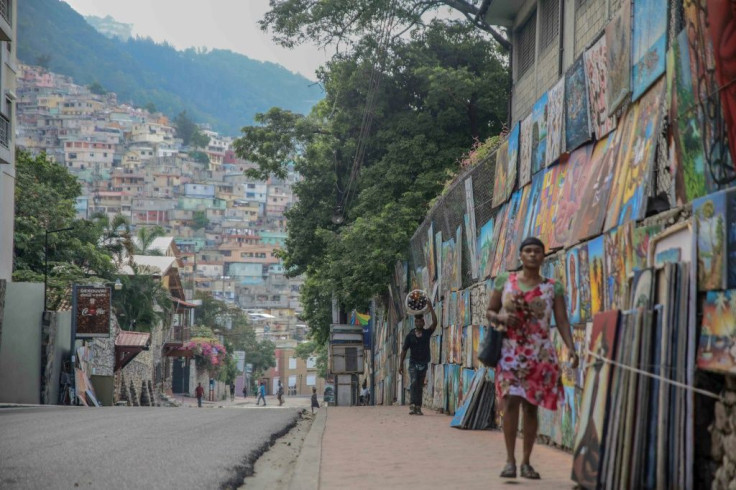Kidnappers In Haiti Demand $17 Mn Ransom For US Missionaries
Kidnappers holding a group of 17 US and Canadian missionaries in Haiti including five children are demanding a ransom of $1 million for each of their hostages, security sources said Tuesday.
The kidnapping by one of Haiti's brazen criminal gangs has underlined the country's deepening woes following the assassination of president Jovenel Moise in July, with lawlessness mounting in the Western hemisphere's poorest nation.
A gang known as 400 Mawozo, which for months has controlled the area where the missionaries and members of their families were abducted, wants a total of $17 million, sources told AFP.
Haitian Justice Minister Liszt Quitel confirmed that the gang was behind the kidnapping of 16 Americans and one Canadian.
He told The Washington Post that kidnappers normally demand huge sums of money which are reduced during negotiations, saying his officials did not take part in the talks.

The missionaries work for US-based Christian Aid Ministries, which said in a statement that the group was abducted east of Port-au-Prince while returning from visiting an orphanage situated between the Haitian capital and the border with the Dominican Republic.
On Sunday the organization said the captive group is made up five men, seven women and five children whose ages it did not disclose.
In April, 10 people including two French clerics were kidnapped and held for 20 days by 400 Mawozo in the same region.
The United States in August issued a red alert on Haiti, urging Americans not to travel to the Caribbean nation because of rampant kidnapping, crime and civil unrest.
On Monday a general strike was called to protest the rapidly disintegrating security situation highlighted by the latest kidnapping.
In Port-au-Prince, shops, schools and government buildings were shuttered but schools were opened in several other towns around the country.
© Copyright AFP {{Year}}. All rights reserved.





















